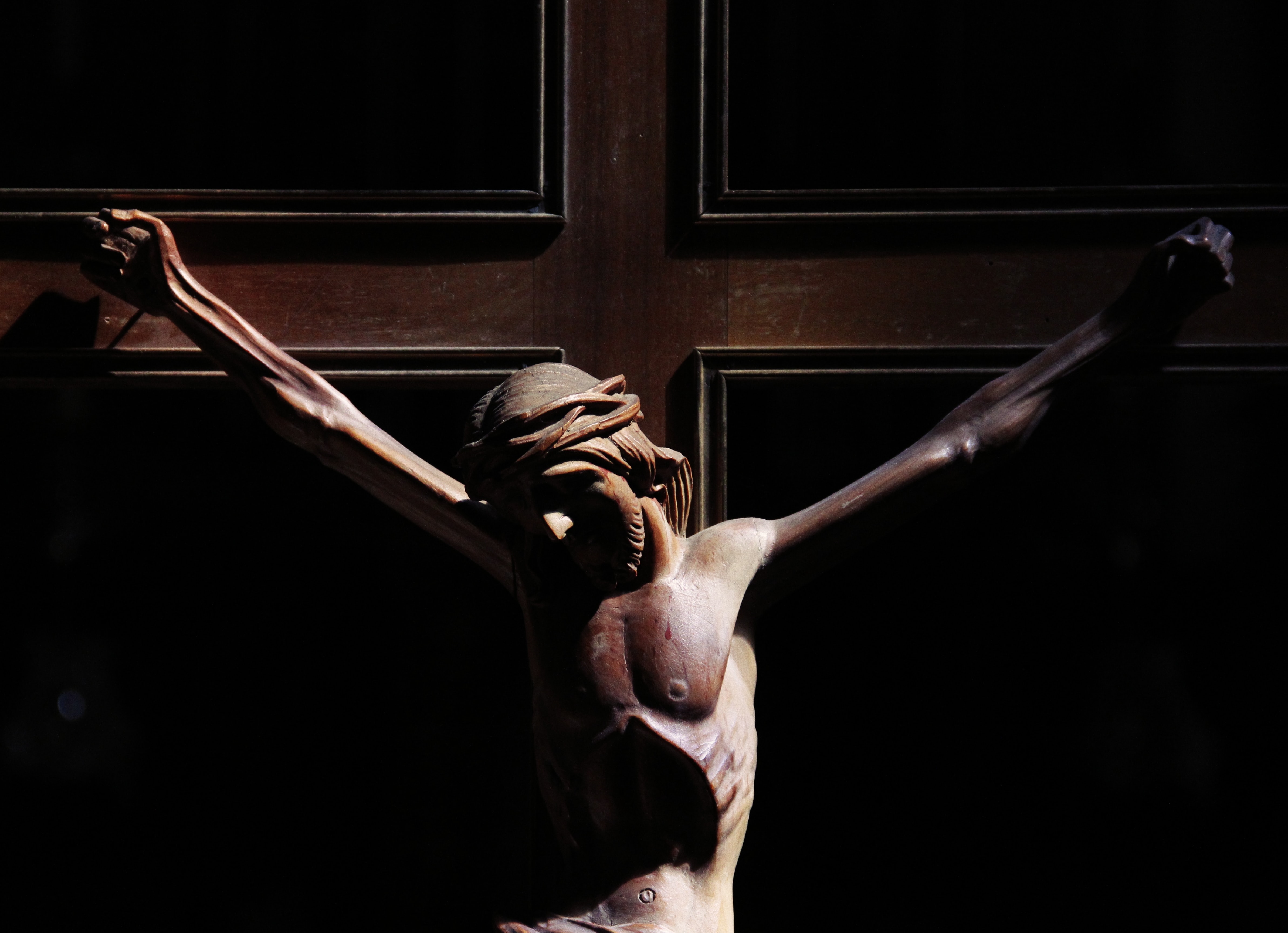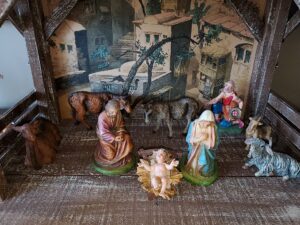
I’m a disciple of Jesus and I’ll tell you my view,
Of the events that took place, the events that are true.
These past few days were filled with such grief.
My heart’s filled with pain, denial, disbelief.
We had just shared a meal, of bread and wine alike,
When he said someone will betray him; it will happen tonight.
The mood suddenly changed, and Jesus felt distraught.
Something felt different; something was off.
The hour was approaching, it was happening at last.
He prayed in the garden that this cup of his should pass.
But it wasn’t about him, but about his Father’s plan.
We awoke to find out that his betrayer was at hand.
Jesus is gone, it’s so hard to conceive.
Yesterday was so painful, I still can’t believe.
It all happened so quickly, from dawn to mid-day.
To see how he suffered as he walked along the way.
He carried his cross, three times falling and stumbling,
But he carried it for us; never griping, never grumbling.
The people spit and they jeered as he passed along by.
They cursed and they shouted, “Let Jesus be crucified!”
They nailed him to a tree and hung him high in the air.
With a crown full of thorns, it just wasn’t fair.
In suffering he prayed, for all – not just a few,
“Father, forgive them, they know not what they do.”
He took his last breath and passed from this life,
I cried and I cried; I was filled with such strife.
His body was taken down and laid in a tomb.
A guard was at the entrance for fear of the Jews.
As I stand here and gaze at the stone-cold tomb
With tears in my eyes and my heart full of gloom.
I know that he told us that he would rise from the dead,
Yet I feel so helpless, confused, and mislead.
Jesus is dead, and what a beating he took.
The whippings, the scourging, the nails on the wood.
So how can he rise and come out of this rock?
Why am I doubting? I really must stop.
Though darkness surrounds me, in Jesus I do trust.
I believe what he told us, and believe, this I must.
He will overcome the grave; for this I am sure.
Because he loved me that much; for me, he endured.
Now I wait in anticipation for the miracle to arise,
To see his radiant glory before my very own eyes.
Jesus changed the world and our sin he set free.
He died out of love, and he did it all for me.













